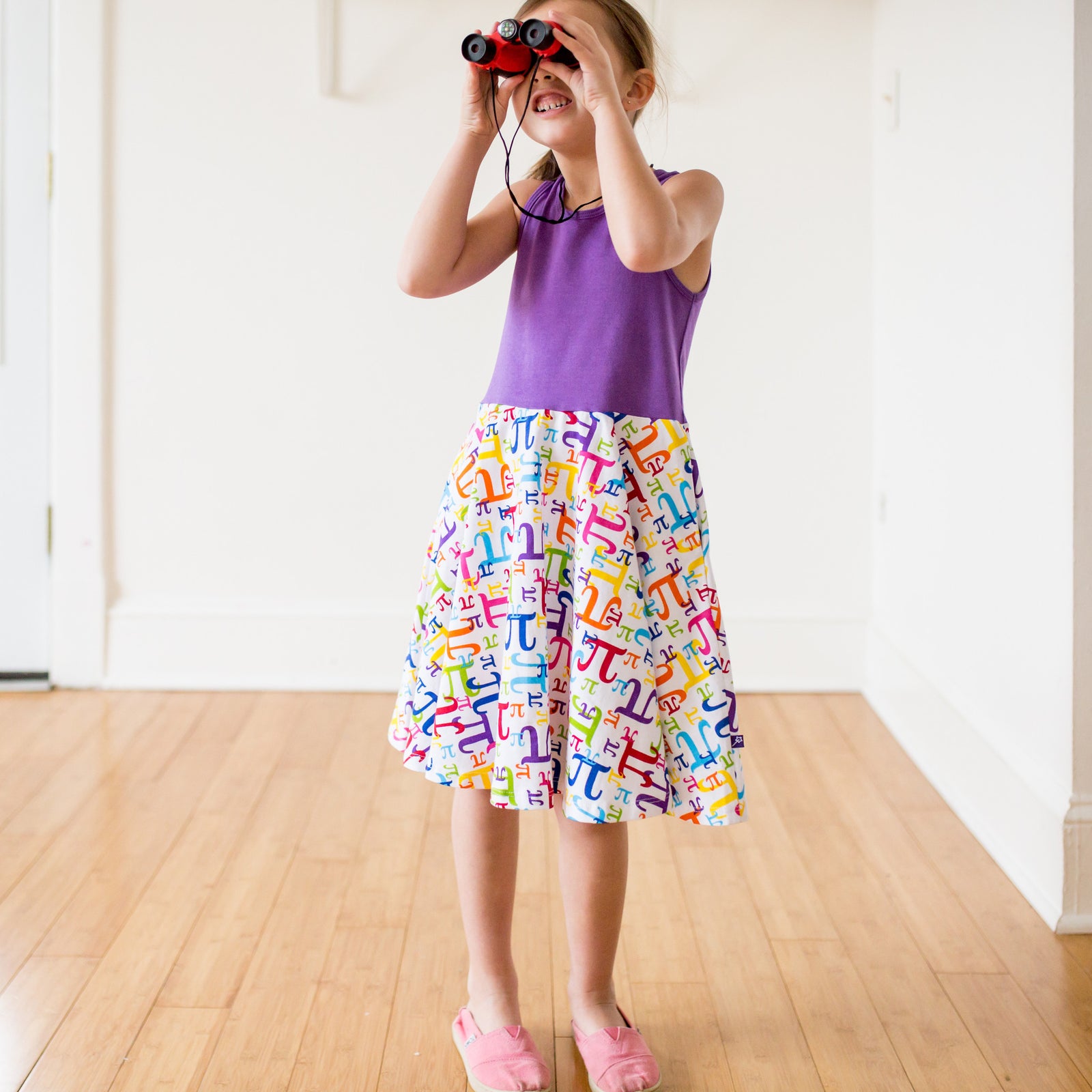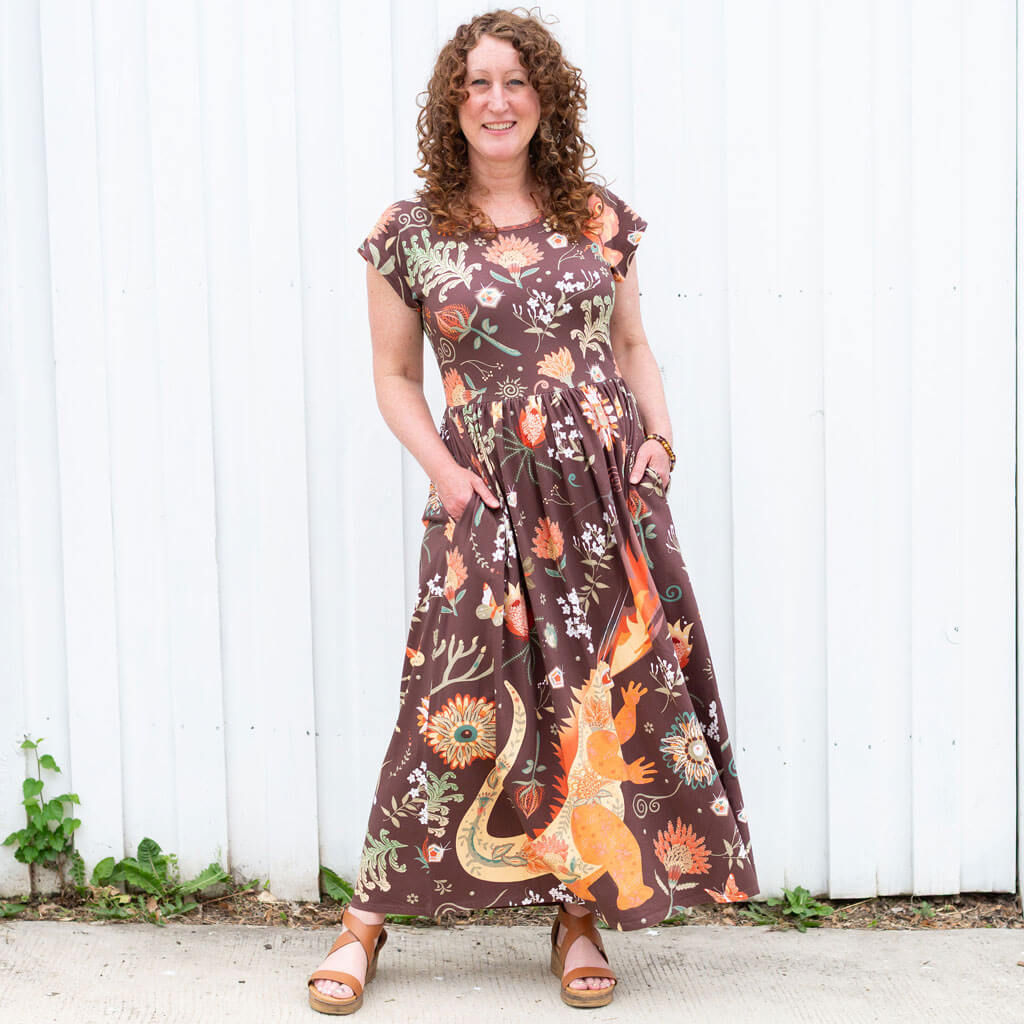Shop Now
New
Sale

Empower Her Curiosity
March 25, 2017 2 min read





A slow and steady drip-drip-drip of clues - that’s what keeps us turning pages in a good mystery. Curious creatures that we are, we just can’t resist searching for the next piece to put that puzzle together.
To children - small children in particular - most of daily life is full of little mysteries. We can encourage a curious mindset by acting like a mystery writer. Instead of answering all their questions outright, we can give them that same slow drip of clues, guiding them through mysteries slowly and irresistibly before we reveal the solution - keeping their curiosity piqued.
For example, when a child asks a question - “Where does snow come from?” - we can turn the question back on them: “Where do you think it comes from?” Spurring them to ponder questions for themselves makes the quest for understanding personal. It isn’t just something to wonder about anymore - it’s a mystery to solve! We can even point that out to them by giving their quest a name - “So now you are investigating The Mystery of Snow!”
As they begin working to solve their mystery, it can be difficult for us adults to find the right balance of revealing information and letting them explore on their own. The most important tool we have is the Socratic Method - asking questions to guide them to the answer. Kids can solve some puzzles just by thinking them through logically as you ask questions, and that can be a rewarding experience for parent and child.
Other times, children will need to work harder - searching other resources or even conducting experiments, because there is information missing from their knowledge bank. It’s up to the parent to decide how much effort can be invested in a particular mystery given time and resource constraints. But if you have the space to explore this way with your child, definitely go for it. The sense of accomplishment after finding out an answer is the positive reinforcement curiosity needs to ask the next question, and the next.
We might not always be able to use this method for every question our kids have. But we can always make a child feel that they are being taken seriously by the adults around them. Listening to them, answering truthfully, and encouraging an atmosphere in which questions are expected and encouraged will keep their curiosity alive - and curious children grow up to be thoughtful, reflective adults.
Leave a comment
Comments will be approved before showing up.
Subscribe
Sign up to get the latest on sales, new releases and more …








